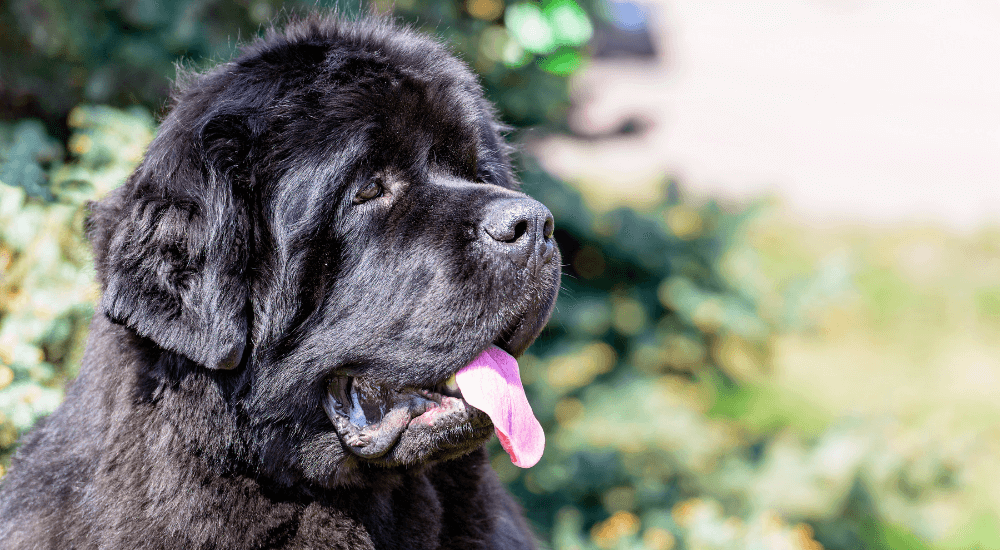
If you’ve ever had a kidney stone, you’ve experienced one of the worst physical pains a human can ever feel. Many women who’ve had a stone and who’ve also given birth say that passing the kidney stone was much more painful than pushing out a baby! So imagine if your dog got stones in their kidney, ureter, or bladder—ouch! They might if they have a condition known as Cystinuria Disease or cystinuria in dogs.
What is Cystinuria in Dogs?
Cystinuria is an inherited genetic disorder that prevents the dog’s ability to effectively filter cystine out of urine. When too much cystine builds up, stones can form; these tiny objects can get stuck anywhere in the urinary tract, including in the kidneys, bladder, and ureter. People can get cystinuria too, and the symptoms for dogs are the same as for humans. It can even affect cats too!
Which Dog Breeds are Affected by Cystinuria?
Cystinuria has been reported in over 70 dog breeds, but the most common ones are:
- Newfoundland
- Labrador Retriever
- Dachshund
- Basset Hound
- Irish Terrier
- English Bulldog
In most breeds, symptoms start developing around 4-5 years of age, but Newfies can start showing symptoms as early as six (6) months!
What are the Symptoms of Cystinuria?
Any variation of the following are common signs that your dog may be suffering cystinuria:
- Bloody urine
- Frequent urination
- Frequent urinary tract infections
- Painful urination
- Straining when voiding
- Sudden onset of vomiting, anorexia, and lethargy
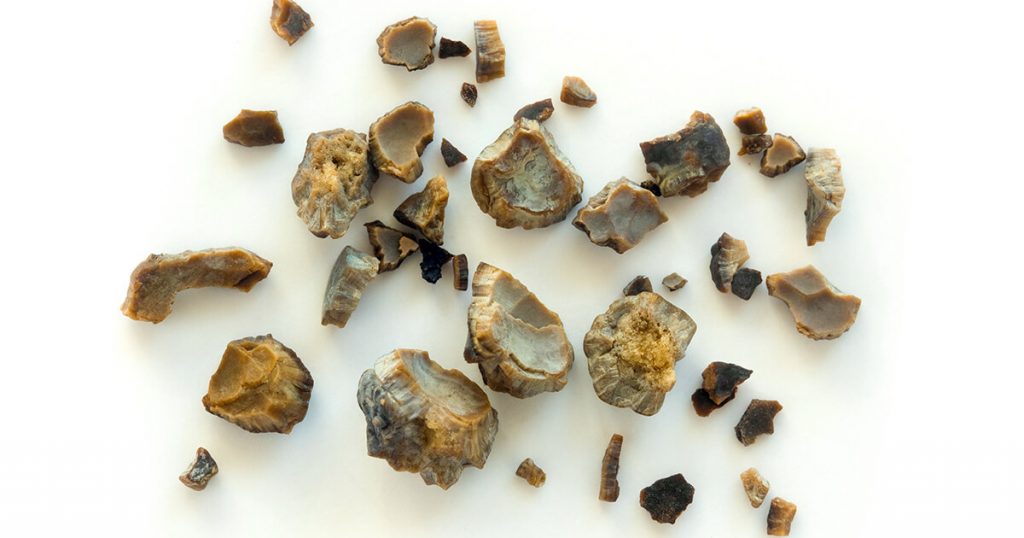
Examples of cystine stones
Can Cystinuria be Prevented?
According to CanineCystinuria.com, “Some veterinarians, including many well-known kidney specialists, feel strongly that cystine stones can be prevented, or the incidence greatly reduced, by feeding ultra-low-protein diets (such as Hills u/d) and alkalinizing the urine with drugs or supplements. Other veterinarians believe that diet is of minimal or no use in controlling the formation of stones, and that only the drug Thiola is effective for this purpose.”
If a cystinuria DNA screen confirms your dog is at risk, your best course of action is to talk to your veterinarian, since they’ll be up to date on all the latest research.
Is Your Dog at Risk? A Dog DNA Test for Cystinuria Can Tell You
There are 3 possible genotypes reported for cystinuria by our accredited DDC Veterinary laboratory:
CLEAR: those having 2 copies of the normal allele and appear to be normal
CARRIER: those having 1 copy of the normal allele and 1 copy of the cystinuria mutation but appear to be normal
AT RISK: those having 2 copies of the cystinuria mutation and will likely show clinical signs of cystinuria
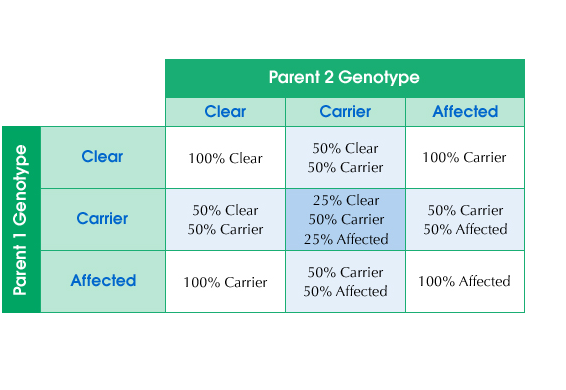
What is the Treatment for Cystinuria?
Unfortunately, cystinuria is a chronic disorder, and the treatment for obstructions caused by stones is almost always surgical. In some cases, antiobiotics to treat infection are also used to treat the condition.
The Tip of the Tail
It’s extremely important to get immediate veterinary treatment if you suspect your dog is showing symptoms of cystinuria. If the obstruction is left untreated, the condition can rapidly become life-threatening. Although stone-development prevention is hit and miss, having a DNA screen performed can at least help you better understand your dog’s risk for the condition. If you know they are affected, you can be on the lookout for symptoms.
CAUTION about a cystinuria DNA screen: A laboratory does not always have a validated test for all breeds, so be sure to ask questions before purchasing. For example, DDC Veterinary has validated cystinuria DNA screens only for Newfoundlands and Labrador Retrievers. If a laboratory doesn’t have a validated test for your Dachshund, for example, keep looking!




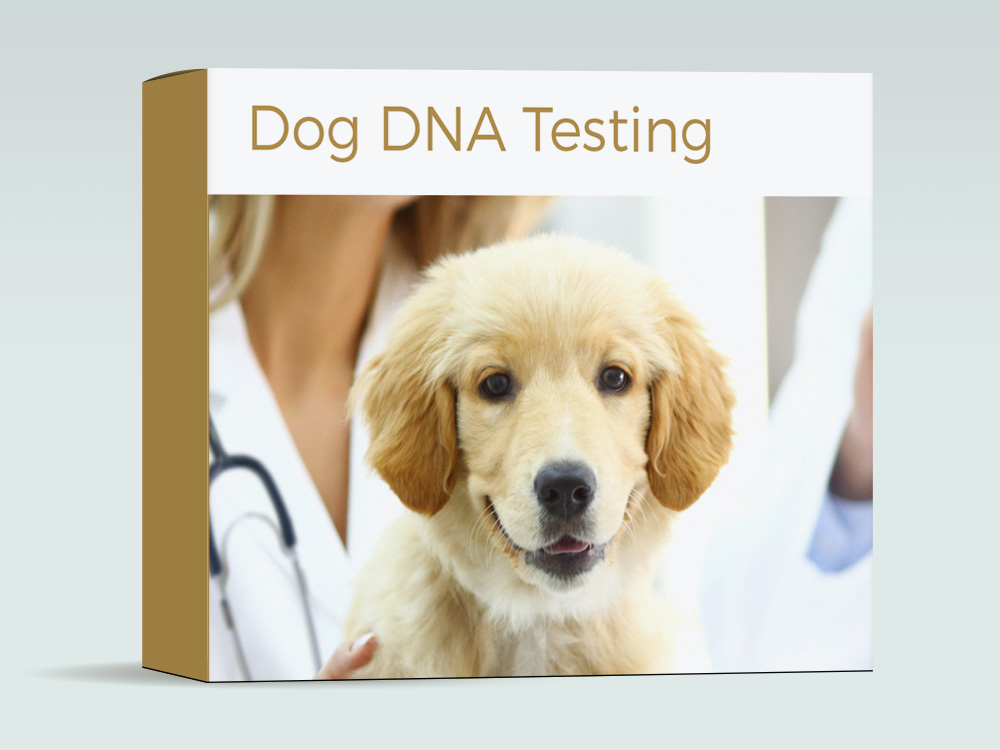
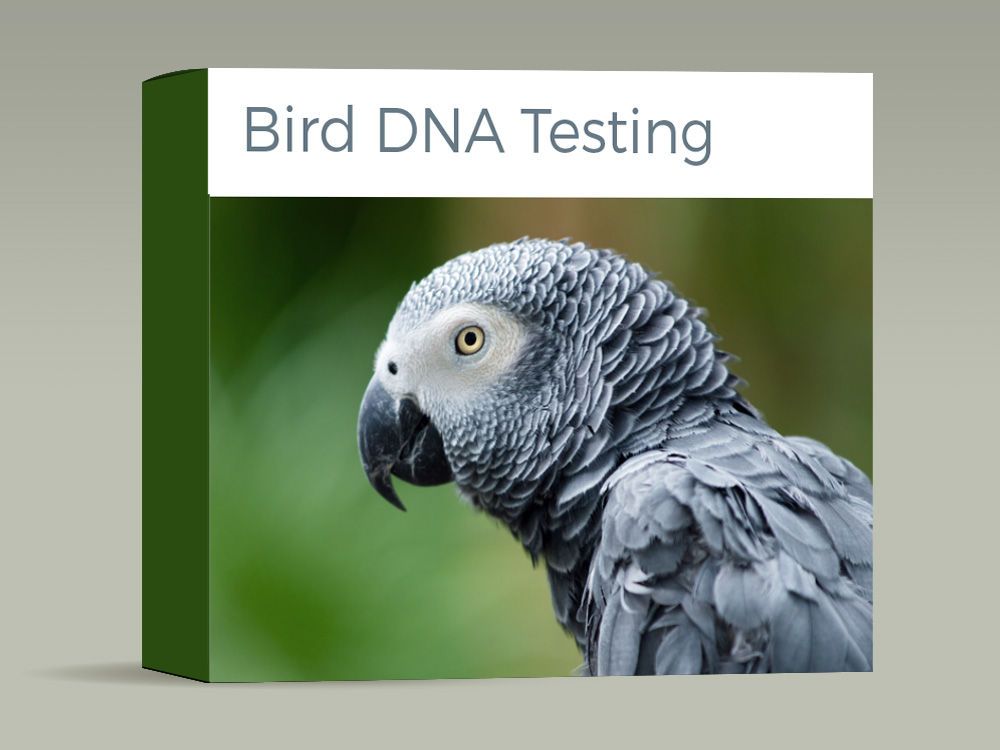
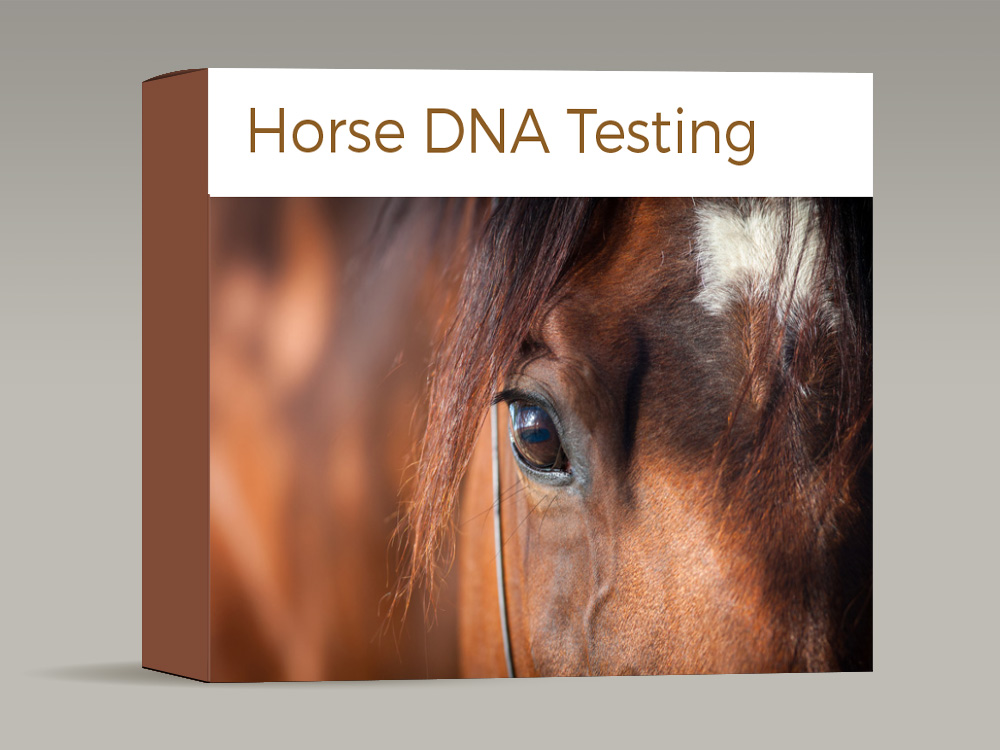
0 Comments